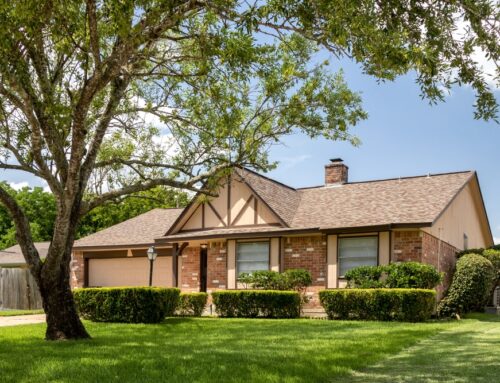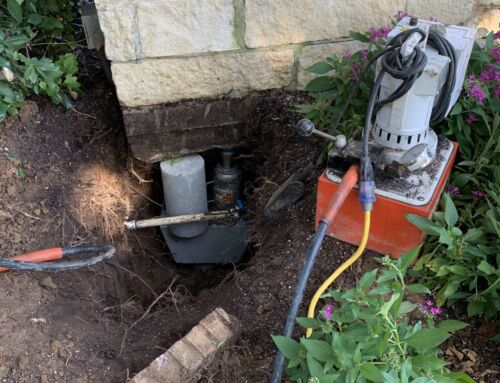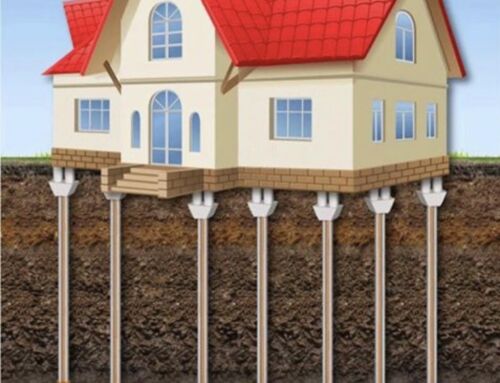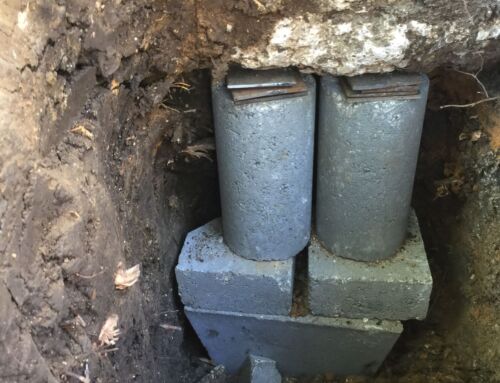Foundation problems don’t fix themselves. When a home begins to settle unevenly, it’s often a sign of deeper structural issues caused by shifting soil, moisture problems, or deterioration of the foundation system itself. If left unaddressed, this settling can lead to far more than just cosmetic damage. Delaying house leveling not only worsens the problem—it significantly increases the cost and complexity of future repairs.
Here’s what you can expect if you ignore the warning signs and fail to level a settling home.
Structural Damage Will Worsen Over Time
Uneven settling causes stress throughout the structure of your home. As the foundation sinks or shifts, the weight of the home is no longer evenly distributed, which places extra pressure on walls, floors, and framing components.
What starts as a few minor wall cracks can quickly escalate into:
-
Large cracks in drywall or brick
-
Doors and windows that won’t operate properly
-
Warped framing and misaligned flooring
-
Ceiling sagging or separation from walls
Once structural elements are compromised, repair becomes more extensive—and expensive.
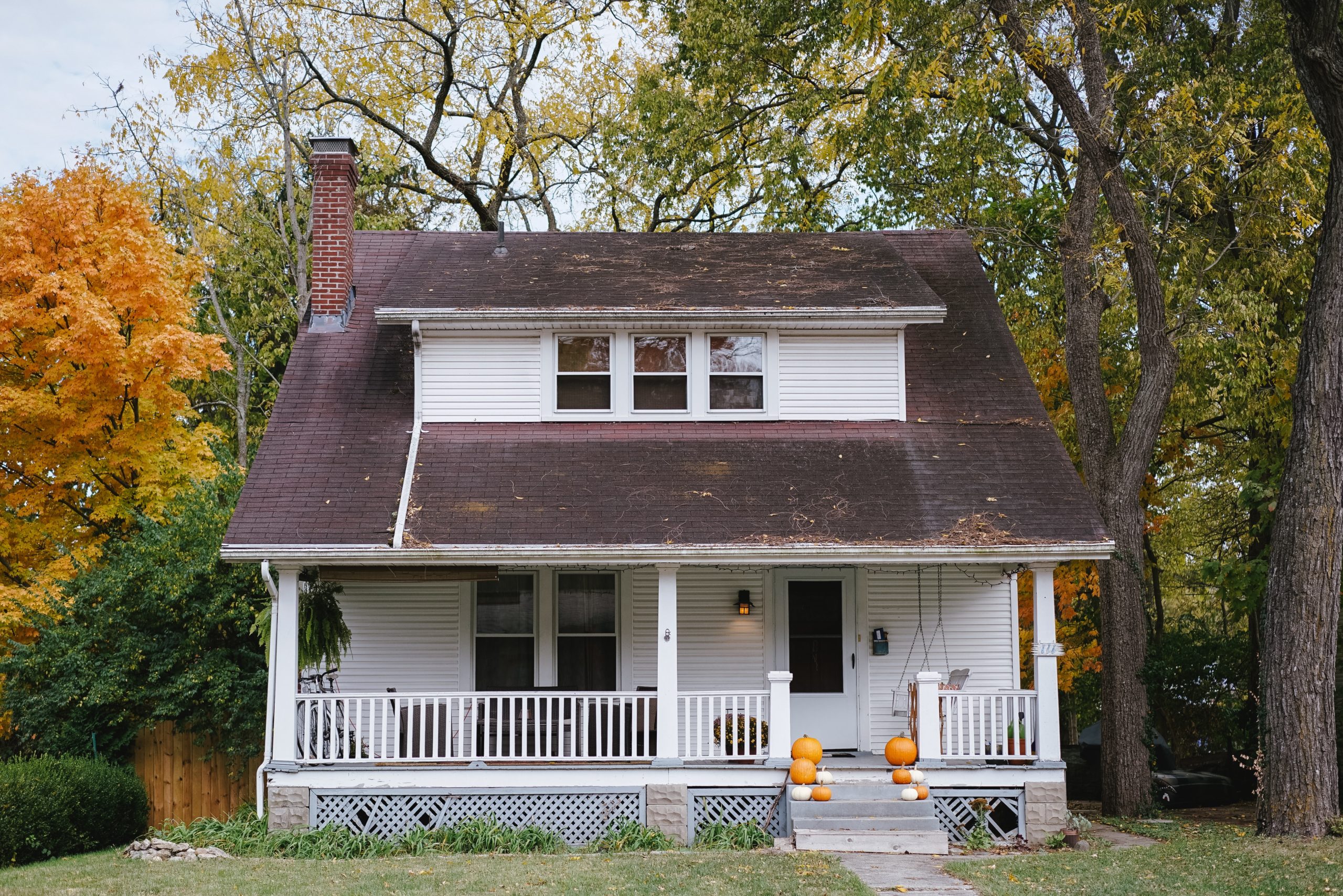
Floors Become Uneven, Sagging, or Unsafe
In both slab and pier-and-beam homes, unlevel floors are one of the most noticeable effects of foundation settlement. Over time, these floors can become:
-
Sloped, making furniture unstable and creating tripping hazards
-
Soft or springy, particularly in pier and beam homes, indicating weak joists or shifting piers
-
Cracked or broken, especially with tile, hardwood, or concrete flooring
Living with uneven flooring isn’t just uncomfortable—it’s also a safety risk and can impact the structural performance of your entire home.
Moisture and Drainage Problems Will Increase
As your home settles, new cracks and gaps may open in your foundation, allowing water to seep in. This can lead to:
-
Increased moisture in crawl spaces or basements
-
Mold and mildew growth, creating health risks for your family
-
Soil erosion, which worsens the very settlement you’re trying to avoid
-
Damage to plumbing, especially if pipes are embedded in or under the slab
Poor drainage is a major contributor to foundation problems, and delaying repairs allows that water intrusion to continue damaging your home.
Foundation Damage Spreads to the Rest of the Home
Foundation problems don’t stay isolated. As parts of your home sink or shift, other areas begin to compensate. This can lead to:
-
Roofline movement
-
Cracked masonry and chimney separation
-
Damage to interior and exterior finishes
-
HVAC, plumbing, and electrical systems pulling apart
The longer you delay house leveling, the more widespread the damage becomes—impacting both the safety and value of your home.
Repair Costs Will Skyrocket
Foundation repair is always more affordable when problems are caught early. The cost of leveling a home may range from a few thousand dollars to tens of thousands, depending on the severity.
Waiting to fix the issue means:
-
More piers may be needed, especially if multiple areas have settled
-
Additional repairs (like beam replacement or slab patching) may be necessary
-
You may need structural engineering reports, increasing time and costs
-
Interior renovations to fix cracks, stuck doors, and warped flooring will add to the final bill
What could have been a manageable repair can quickly become an overwhelming, expensive project.
Home Value and Marketability Will Decline
A home with obvious signs of foundation problems—like cracks, sloping floors, or visible damage—is a red flag for buyers. If you plan to sell, unresolved settling can:
-
Lower your home’s appraised value
-
Make your home difficult to finance
-
Reduce buyer interest and drive down offers
-
Lead to failed inspections or contract cancellations
Investing in house leveling protects your home’s value and makes it far more attractive to future buyers.
Insurance May Not Cover Damage from Delayed Repairs
Most homeowners’ insurance policies don’t cover damage from long-term settling, especially if the damage is due to neglect or poor maintenance. Waiting to address foundation problems may disqualify you from coverage and leave you paying out of pocket for major structural repairs.
You Risk Permanent Foundation Failure
In the most severe cases, continued settling can lead to foundation failure, which may render the home unsafe to live in. A collapsing pier system, failing beam, or broken slab can require complete reconstruction of the foundation—an extremely costly and invasive process.
By that point, house leveling may no longer be a repair—it becomes a full rebuild.
Don’t Wait Until It’s Too Late—Call a Pro Today
If you’re seeing signs of foundation settlement—no matter how small—don’t wait. At Discount Foundation Repair Specialists, we serve homeowners across Fort Worth, Irving, and Grapevine with expert inspections, house leveling, and foundation repair solutions that stop damage in its tracks.
Call us today for a free evaluation and keep your home safe, stable, and protected for years to come.

